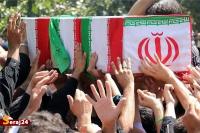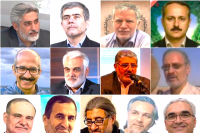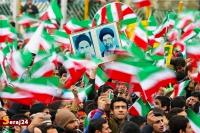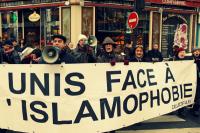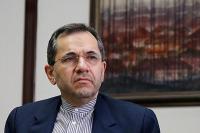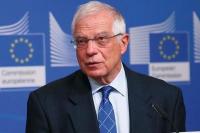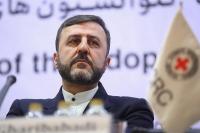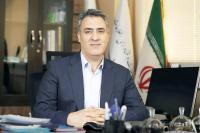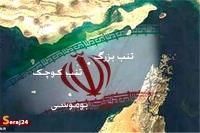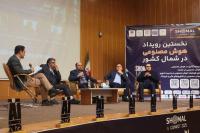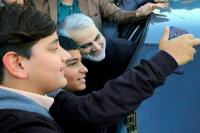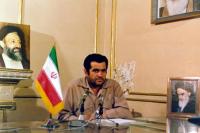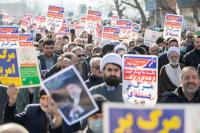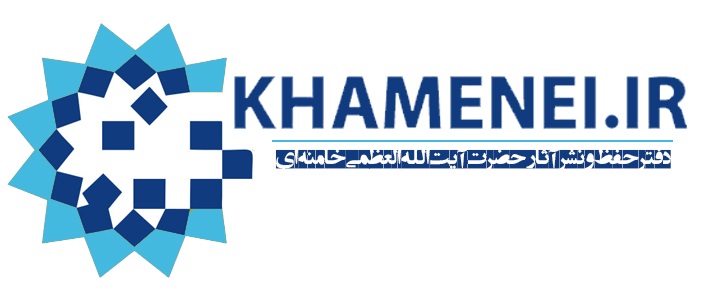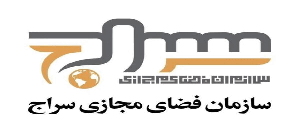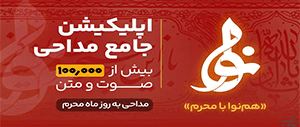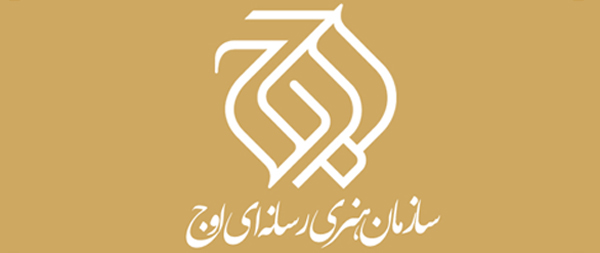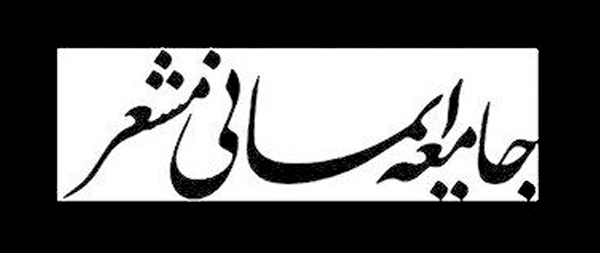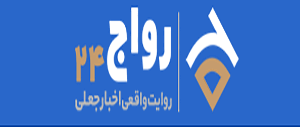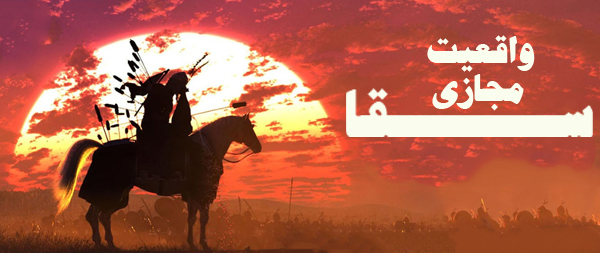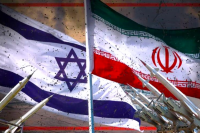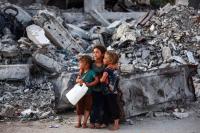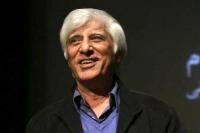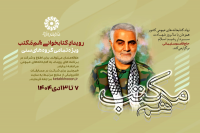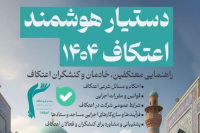In the UN world meeting in Vienna, Iran and the international body stressed the need to adopt a comprehensive approach to settle the problem of narcotics in Afghanistan by giving priority to programs in the country's development plan which would substitute narcotics production, Islamic republic news agency reported.
During the meeting, Iranian Interior Minister Mostafa Mohammad Najjar who is in Austria to attend the 56th annual session of the Commission on Narcotic Drugs, offered five guidelines to fight drugs abuse.
He highlighted the need to adopt an all-inclusive strategy to put an end to production of drugs in Afghanistan by giving the priority to replacement of poppy cultivation with other crops.
The Iranian minister also called for aggravating activities to close down drugs-related laboratories there.
A UN official shared Iran's views on the issue by proposing a similar issue to the meeting.
The Iranian minister, who also heads the country's anti-drugs body, also stressed the necessity of avoiding parallel operations, concentrating on the joint responsibility of all world countries and contribution and collaboration of all countries in both regional and international plans to fight drugs problems.
He called for mobilizing present capacities of governments to pay due attention to the principle of common responsibility of all countries.
Mohammad Najjar left Tehran for Vienna on Monday to attend the ministerial conference of the Paris Pact Partners on Combating Illicit Traffic supported by the UN Office on Drugs and Crime (UNODC) in Vienna on Tuesday.
The Paris Pact is one of the most important frameworks in the fight against opiates originating in Afghanistan.
It is aimed at reducing illicit traffic in opiates including opium poppy cultivation, production and global consumption of heroin and other opiates, and at establishing a broad international coalition to combat illicit traffic in opiates. It relies on the commitments and ambitions of its partner-countries working in consultation with the UNODC and in full conformity with the three international drug control conventions and the Political Declaration and Plan of Action adopted by the High-level Segment of the Commission on Narcotic Drugs in March 2009.
According to the UNODC, these days, 93% of the world's opium is produced in the neighboring Afghanistan, 60% of which is destined for the EU and specially US markets. And the main transit route is Iran, where the country's dedicated police squad risk their lives to make the most discoveries of drug cargoes, disband drug-trafficking gangs and organizations and much more in a bid to rescue not only the Iranian youth but also all those living in Europe and the US.
According to the statistical figures released by the UN, Iran ranks first among the world countries in preventing entry of drugs and decreasing demand for narcotics.
The United Nations credits Iran with the seizure of 89% of the opium netted around the world.
Since the 1979 Islamic Revolution, the Iranian police have lost more than 3700 of their personnel in the country's combat against narcotics.



